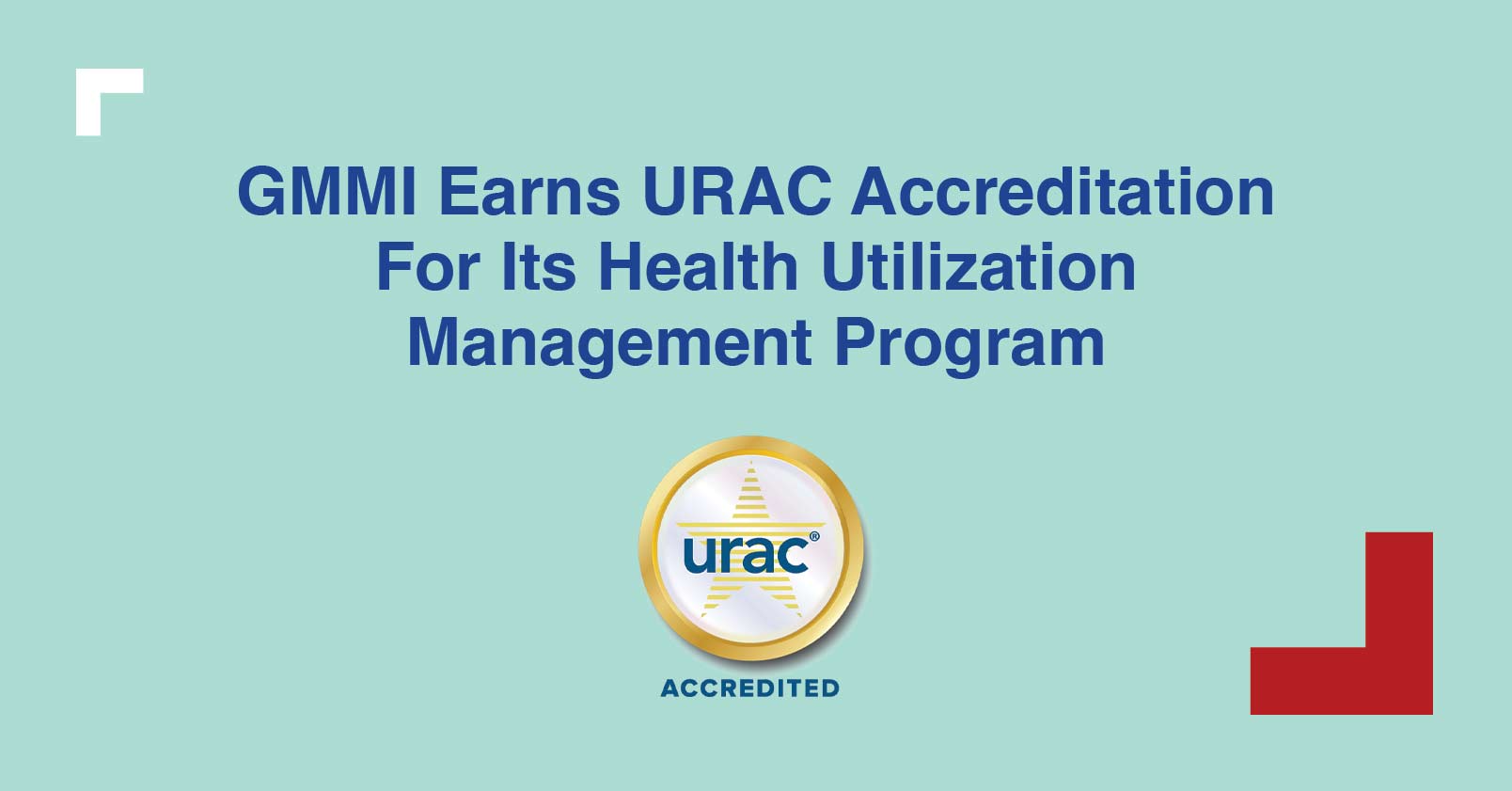When a person needs an organ transplant, it’s because one of their organs is working very poorly or failing. Undergoing an organ transplant can lengthen a person’s life and allow those with a chronic illness to live a normal lifespan. Around 140,000 organ transplants are performed annually around the globe—almost 40,000 of those are performed in the U.S.
In this article, we take a look into the world of transplants at GMMI from the point of view of one of our in-house nurses, Lynn Rivera. Lynn has extensive experience and knowledge about coordinating transplant cases.
At GMMI, we have been managing transplant cases for over 20 years. We offer access to a high-quality, nationwide network of more than 700 transplant programs, managed at over 100 of the leading U.S. transplant centers. When managing a transplant case, our service provides an assigned, dedicated team—from operational to medical staff. GMMI's medical case managers have experience coordinating organ and tissue transplant care for patients from all over the world. We manage the entire treatment process and work closely with the transplant facilities, payers, and the patient throughout their care.
A registered nurse with 14 years of experience, Lynn Rivera coordinates transplants at GMMI. We asked her to take us through the transplant process.
“When a client sends us a new transplant case, we first review the medical report to assess the patient’s condition. Based on the patient’s needs and their policy, we locate a facility within our network that is most suited for the patient. A GMMI nurse is then assigned the case to begin medical case management. Our focus is always to make sure that the patient receives proper care.” –Lynn Rivera, RN
Transplant management consists of four phases: pre-transplant evaluation, a waiting period for the necessary organ or tissue donation, the transplant procedure, and post-transplant services. As described by Lynn, “The assigned nurse will manage the case from the beginning until the patient is discharged. We also follow up with the patient post-transplant, to see how they are doing.”
Types of transplants
As experts in transplant care coordination, GMMI can manage all types of transplants that are FDA approved and available in the U.S. Kidney transplants are by far the most common type of organ transplant, with over 24,000 performed in the U.S. in 2021. Because people can live healthy lives with only one kidney, many of the organs come from living donors. Transplants using living donors account for almost 20% of all transplants performed annually in the U.S. “Kidney transplants are typically free of complications and usually have great outcomes,” says Lynn. “When a patient has an organ transplant, they face many risks. Before a patient undergoes surgery, there is a test that is performed to determine tissue compatibility. This test is called HLA typing. Once the compatibility is confirmed, the patient undergoes the transplant, receiving a living or a cadaveric organ. But even with testing, possible complications such as organ rejections or infections are not ruled out in the process. Bone marrow transplants are different from organ transplants because cells are transplanted and complications are usually presented immediately after the transplant, especially among BMT allogeneic transplants from unrelated donors.”
Liver transplants are the second most common type of organ transplant in the U.S., with over 9,000 transplants performed in 2021. “Some liver transplants can have complications after the surgery. It’s usually a problem with the stent connected to the liver,” says Lynn.
Recovery and post-transplant care
The recovery times for patients who have undergone transplants vary. According to Lynn, “Typically, a living kidney transplant donor spends two days in the hospital and an additional four to six weeks in recovery. Liver transplants take six months or longer. It all depends on the patient’s progress. Bone marrow transplants can take up to a year for the immune system to fully recover.”
As a case manager, Lynn is in regular contact with all involved parties, including the patient’s family members. “Once the patient arrives in the U.S. for the transplant, I call the patient or family member to introduce myself and our company. I provide them with our contact information in case they have questions or concerns. ”Coordinating and managing the care are not the only steps of this process. To Lynn, providing emotional support for the patients and their families is just as important. “Every case and circumstance is unique,” she says. She is humbled by the families that have told her she became a part of their family.
Lynn’s devotion to her job and her passion for people are undeniable. “During my 14 years at GMMI, I always put all my effort into helping the patients and their families during this process. It’s always my pleasure to help GMMI make sure we have good outcomes in all the cases we manage,” she says.
Despite difficult moments, most transplants have successful outcomes, and that is what makes managing transplant cases rewarding, according to Lynn: “Seeing a person get their life back and hearing them being full of gratitude, just feeling the happiness and the joy of life. That’s my reward.”
Subscribe to our Newsletter
Our SOlutions
Contact Us
Phone Number: +1 (954) 370-6404
Toll-Free (in the U.S. & Canada):
800-682-6065
Email: info@gmmi.com
2024 © All Rights Reserved.
Code of Conduct | GDPR | PIPEDA | Terms of Use | Privacy Policy | California Privacy Notice | Personal Data Access Form | Responsible Data Leak Disclosure Form







